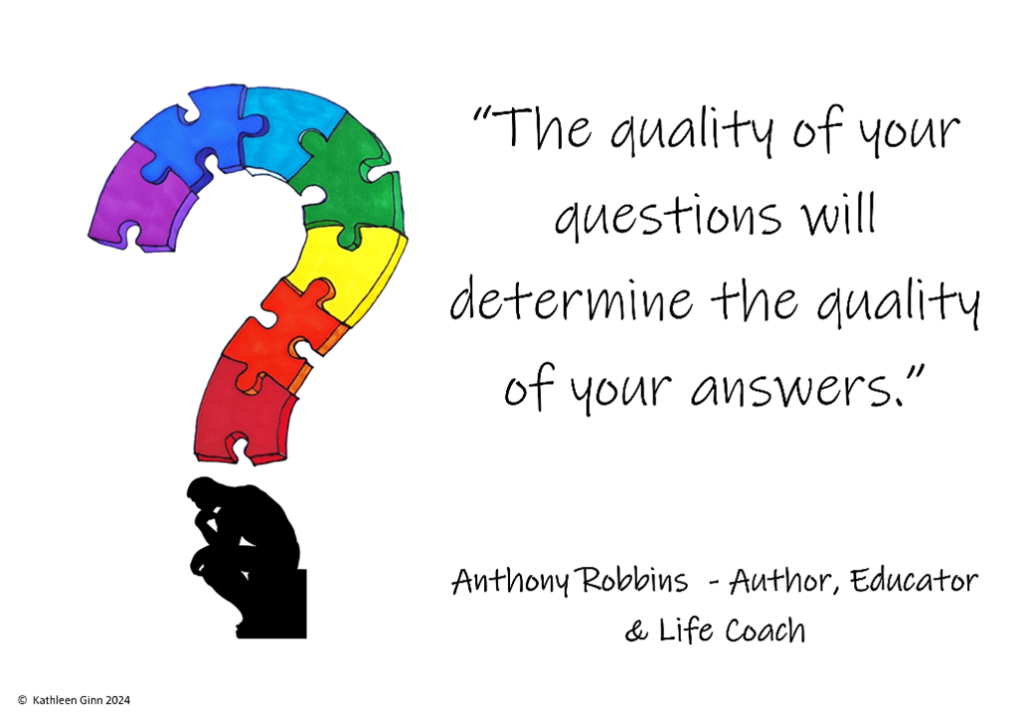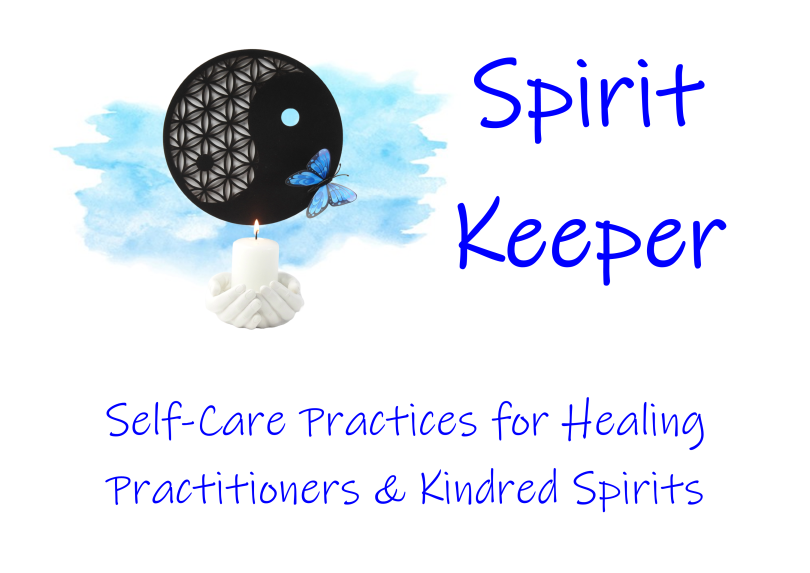Welcome, to Health & Wellbeing Magazine’s Spirit Keeper monthly column. This is the place where you will discover tips and practices for creating, developing and maintaining a personalised self-care practice.
In the first four months we have covered what a Spirit Keeper is and does; looked at the 4 pillars of knowledge: Physician-Patient know, love, heal and free yourself and discovered your learning style. Last month we started looking at learning styles and meditation techniques.
In this month’s column, we are going to continue to look at how your secret learning code can be used to choose appropriate self-care practices which promote the integration of mind, body, spirit and soul.
If you are new to this month’s Spirit Keeper column, I recommend reading past articles to learn more about your specific secret learning code and how this can impact a dedicated sacred self-care practice.
What is Contemplation?
The best way to understand contemplation is to look at how it is defined in the dictionary.
- The action of looking thoughtfully at something for a long time.
- Deep reflective thought.
- The state of being considered or planned.
- Religious meditation.
- Form of prayer in which a person seeks to pass beyond mental images and concepts to a direct experience of the divine.
Contemplation is unique to humankind.
It is the ability to think and reflect on a variety of subjects which stimulates imagination, innovation and creativity. These three aspects help to develop and make the things we use in everyday life from utensils we eat with, to chairs we sit in, to aeroplanes we fly in. This type of contemplation leads to developing your IQ and the skills you will require for earning a living. This is about knowing yourself.

Contemplation also offers the opportunity to observe and reflect on the behaviours, beliefs and thinking of oneself. This can lead to choosing different ways of thinking, emoting and expressing. The observation of ourselves and the nature of what it means to be human and spiritual will determine the quality of your EQ and your relationships. This is about loving yourself.
The ability to think about and reflect on the physicality of life and your mental-emotional responses to it, can lead to transforming how you view the world and your place in it.
This is about healing yourself.
The ability to heal yourself through thinking, observation, reflection and willingness to transform leads to the experience of inner peace and a sense of freedom. This is about freeing yourself.
The Sins of the Fathers Shall Be Visited Upon the Children
Humankind have evolved into a unique species who have the ability to practise deep reflective thought and observation. Most of the major religions talk about the consequences of one’s actions.
- What you sow, so shall you reap.
- For every action there is an equal and opposite reaction.
The world of science refers to this concept as the law of cause and effect.
From studying the underpinning philosophy of each major religion, we see there is a common theme of this understanding – cause and effect. However, they also imply we inherit much of our thinking from our parents, peers and influencers in our social and family circle.
In the Christian tradition there is a saying ‘the sins of the fathers shall be visited upon the children’ which seems to fit with the philosophical concept of taking on the beliefs and view point we have grown up with.
By way of example. When I began to look at my family ancestral line, I was amazed to discover many priests and doctors. These individuals were pragmatic and practical people who were of deep faith and travelled widely. Then there were the individuals who creative and/or musical. From artists to authors. The common themes in my ancestral lineage were healing, spirituality, faith and the desire to be creative. All of these themes play a large part in my every- day life as a human being today.
A contemplative question would be like this: The question is how much have I inherited and how much is of my own choosing?
From my birth through to early twenties, I just accepted what I was told academically as being the truth of how life is. I accepted what my family and friends said about how life was. I considered this ‘normal’ and ‘the right way to live’. Once, I started travelling, all of this unravelled. Travelling demonstrated to me how many different ways of living there was. Instead of just one way of living, travelling exposed me to multiple belief systems, rituals promising spiritual enlightenment, and healing systems which ranged from living in tune with the earth to modern technologies using frequency medicine. Travelling revealed there was no such thing as one way to experience God.
The contemplative question which changed everything for me was asking myself, “What does it mean to be a spiritual being having a human experience?”
From childhood to middle age, illness plagued me in a variety of ways and was hugely instrumental in my choosing to study what it takes to be healthy.
The contemplative question which changed everything for me was asking myself, “why am I always so ill?”
As I began to travel as a young adult and be introduced to other cultures, traditions and belief systems, I finally began to study different religions and discovered the similarities and differences we share as humanity.
The contemplative question which changed everything for me was asking myself, “what does it mean to be human and spiritual?”
Creativity has always been part of my life. I have some very artistic and creative individuals in my family. Crafting and photography are things I particularly enjoy today.
The contemplative question which changed everything for me was asking myself, “how can I learn to see beauty in all seasons?”




